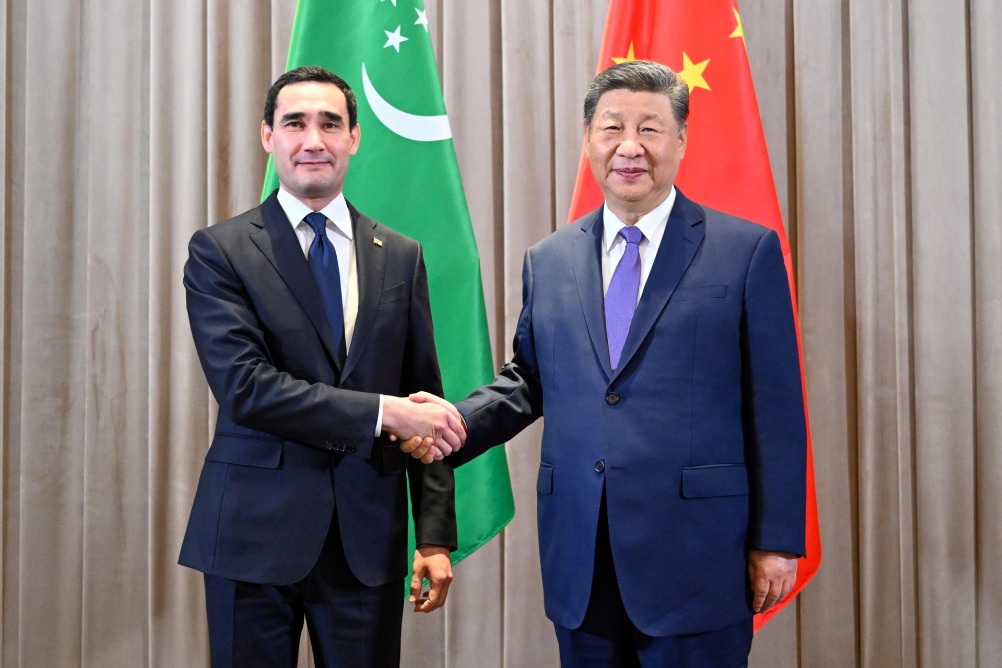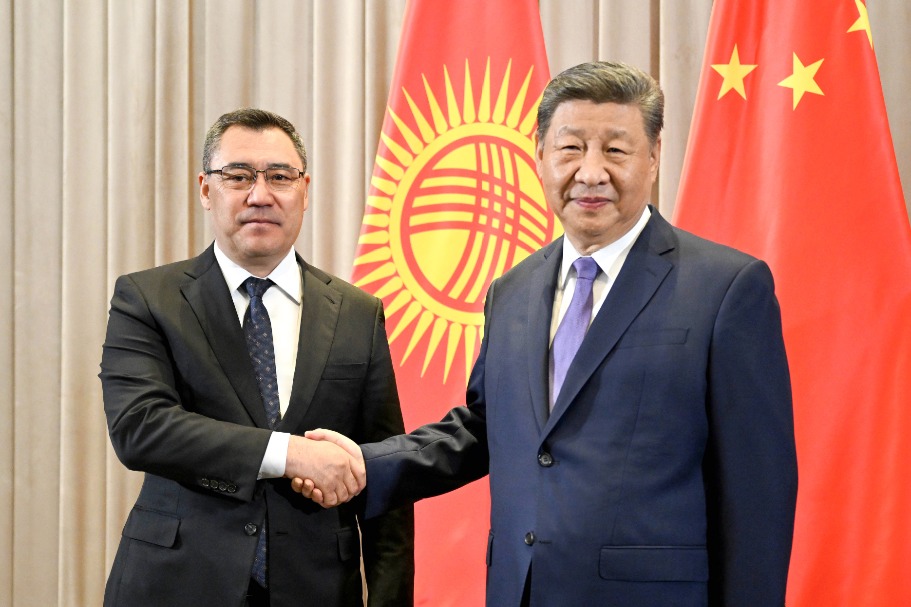Political pressure in US scuppers win-win deal

The “last minute” decision by US telecoms carrier AT&T to drop a partnership deal with Huawei Technologies to sell the Chinese brand’s smartphones in the United States, as reported on Wednesday, is the result of political pressure rather than business considerations.
One month before the deal was to be unveiled this week, US lawmakers sent a letter to the Federal Communications Commission asking it to review Huawei’s smartphone business, claiming Huawei, which also makes network equipment, “poses a security threat to the United States and to our systems”.
It is ridiculous that such a mindset reminiscent of “reds under the bed” McCarthyism still holds sway in the US in this era of globalization, when no product can be manufactured without global supply chains. In fact, as an industry leader, Huawei has won trust in 170 markets based on integrity of its products.
And the deal, if it had gone ahead, would have been win-win. It would not only have given Huawei a foothold in the US market, where more than 90 percent of phones are sold through carriers, but also been a new source of revenue for AT&T and offered another option, besides Apple and Samsung, for US consumers.
This is not the first time US politicians have stooped to mudslinging to prevent the entry of Chinese high-tech companies into the US market on the pretext they pose national security threats.
As early as in 2012, the US government conducted a probe into Huawei and another Chinese telecom company ZTE, on the grounds they represented security threats, but it never provided substantial proof to support its allegations. Despite that, the probe led to a de facto ban on Huawei participating in any telecom projects in the US. How would the US have reacted if the Chinese government had blocked an Apple deal with a Chinese company?
There is little question that Chinese deals often attract especially close scrutiny in the US. This reflects not only the dynamism of Chinese companies and their growing strength as they have moved up the value chain, but also the increasingly prominent economic competition between the two countries.
The US continually criticizes China for not opening its market wider and not providing a level playing field for foreign companies. Yet its blocking of deals involving Chinese companies in sectors where it has traditionally had an advantage shows its criticisms have more validity if directed at the US market.
Today's Top News
- Multifaceted partnership has entered a new stage
- Global firms optimistic about China's market potential
- Xi calls for de-escalation of tensions in Middle East
- China-Central Asia Spirit forged
- 'China-Central Asia Spirit' drives pursuit of harmony, unity, happiness and prosperity
- Xi says China ready to work with all parties to play constructive role in restoring peace, stability in the Middle East






























